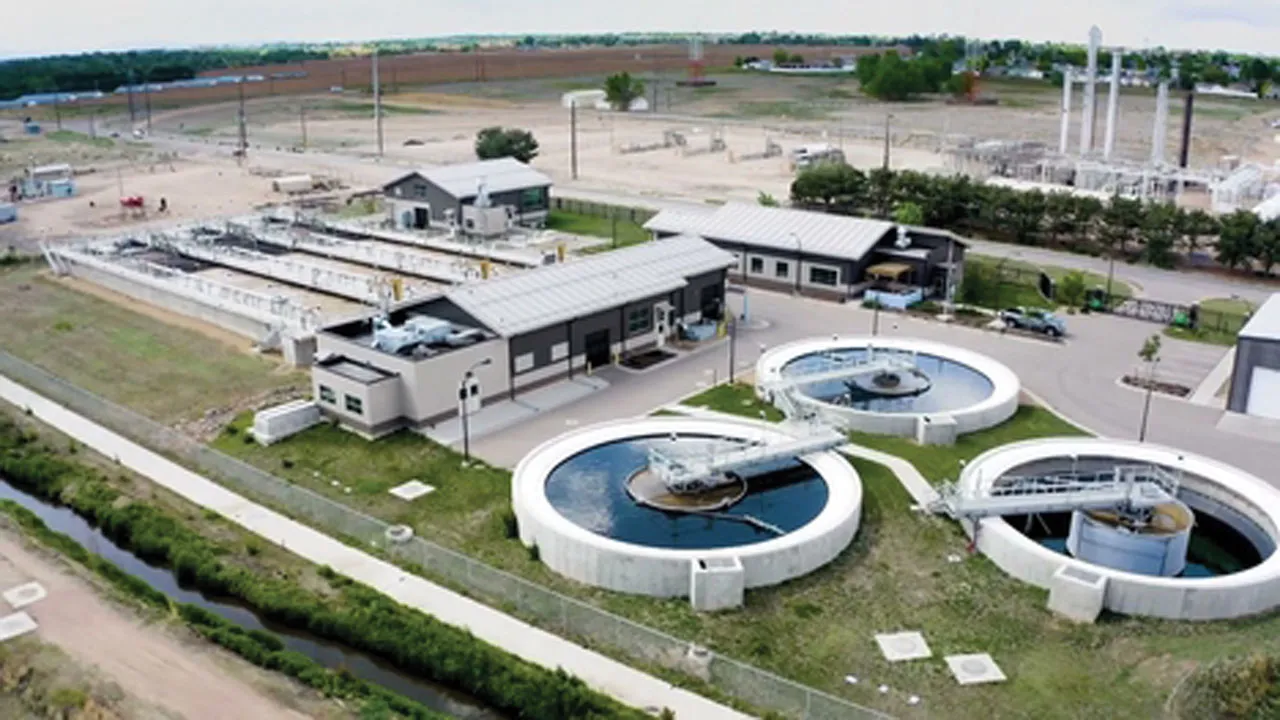Editorial: An economic slowdown might be exactly what the doctor ordered
Yes, there are some benefits to a slowing economy.
Much attention is being paid to rising interest rates as the Federal Reserve seeks to cool the economy and lower inflation. The Fed on Feb. 1 raised the benchmark interest rate by a quarter of a percentage point, the eighth increase since March 2022.
That makes the cost of borrowing more expensive, dramatically affecting the housing market, capital expenditures by business, investment and more.
And the Fed isn’t done yet, with “ongoing” increases expected.
While the Fed’s actions have sent mortgage interest rates higher, significantly affecting home sales and the cost of borrowing, it’s not necessarily a bad thing, especially if the nation is able to avoid a recession.
SPONSORED CONTENT
Speakers at a recent BizWest CEO Roundtable on the Economy — including about a dozen leaders from different industries — noted some positives from the slowdown, even as they acknowledged concerns about the office real estate market, home sales, capital spending and other factors.
For much of 2021 and the first half of 2022, residential housing sales were overheated, with bidding wars driving up prices of single-family homes. Properties were selling for well above asking price, with, at times, a dozen or more offers.
It wasn’t sustainable, and a cooldown provides the sector — including real estate agents — a chance to catch their breath. The market actually is seeing some depreciation in value, noted Todd Gullette, managing broker with Re/Max of Boulder, pausing the double-digit appreciation of recent years.
And, even though the unemployment rate in Colorado remains low at 3.3% — and well below that in Boulder, Broomfield, Larimer and Weld counties — speakers at the Roundtable reported an easing of the labor shortage, with more qualified applicants responding to job openings. That’s a welcome relief for industries that have struggled to find workers.
Reduced demand in the economy also should help ease supply-chain shortages, which have helped drive inflation. It provides an opportunity for manufacturers and other suppliers to replenish their inventories in time for an economic rebound.
There’s no doubt that the coming year will present challenges for business leaders, with the office market struggling, housing sales flattening, unemployment potentially increasing, capital expenditures being put off, etc.
But we shouldn’t lose sight of the fact that economies run in cycles. Inflation, supply-chain issues, an overheated housing market and other factors required a response, an enforced cooling through higher interest rates.
An economic slowdown is medicine for the economy. It doesn’t taste good, but it’s what we need to feel better.
Yes, there are some benefits to a slowing economy.
Much attention is being paid to rising interest rates as the Federal Reserve seeks to cool the economy and lower inflation. The Fed on Feb. 1 raised the benchmark interest rate by a quarter of a percentage point, the eighth increase since March 2022.
That makes the cost of borrowing more expensive, dramatically affecting the housing market, capital expenditures by business, investment and more.
And the Fed isn’t done yet, with “ongoing” increases expected.
While the Fed’s actions have sent mortgage interest rates higher, significantly affecting home sales and the cost of borrowing, it’s not…



